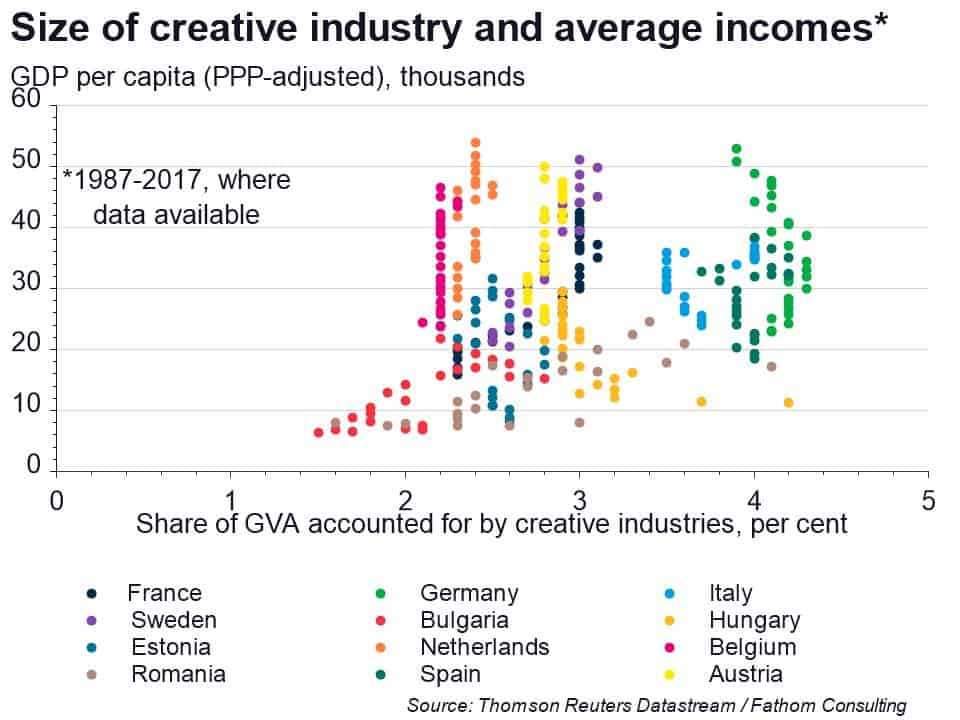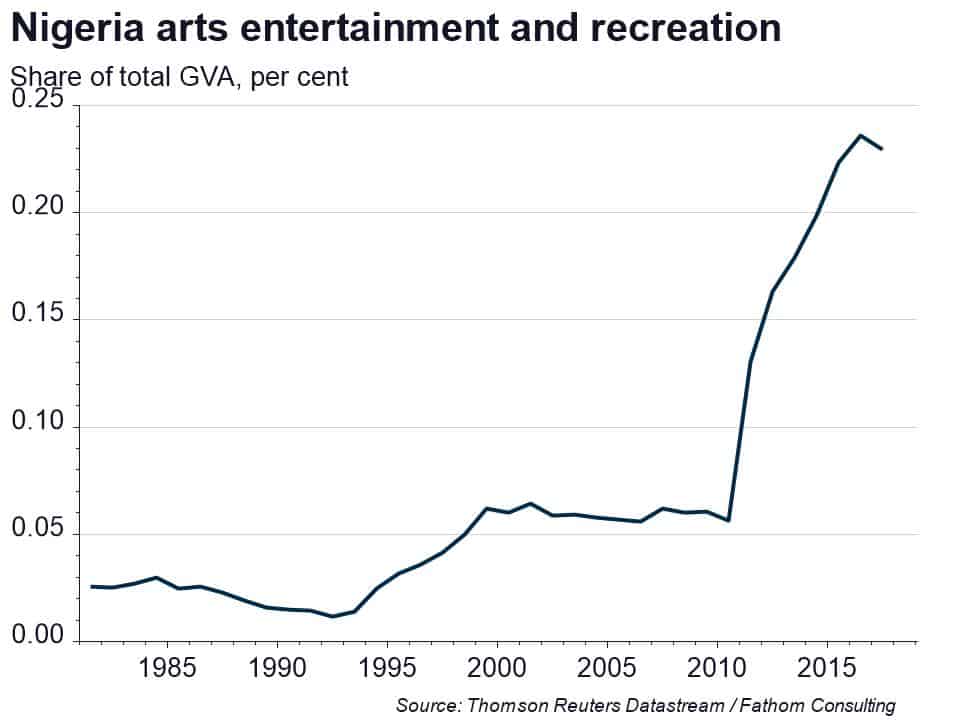A sideways look at economics
Last week, at a conference about the prospects for Africa in 2019, Namibian multimedia activist and poet, Patrick Sam, argued that the continent’s politicians needed to focus on art to help their people succeed. At this stage, I’ll make the obligatory point that #Africaisnotacountry, making it facile to recommend a one-size-fits-all approach, and quickly move on. An audience member, who was doing a PhD on how art can support the development process, chimed in to say that the biggest pushback she received was that art was a luxury. Her critics would argue that what the continent needed was economic growth, and once its people’s basic economic needs had been met, then it could focus on promoting the arts. I didn’t know what to make of this view. On the surface, it seemed cynical. Almost all of us would agree that the arts enrich our time on earth. But in a world of trade-offs, it also wouldn’t seem crazy for African politicians to focus scarce resources on helping their people become materially richer. After all, even in prosperous economies such as the UK, the arts sector can at times be written off as a plaything for trustafarians.
First, to the claim that art is a luxury. Eurostat provides internationally comparable figures on the share of GDP accounted for by arts, entertainment and recreation across European countries. The data show that these tend to be around 2–5%, with a 3.4% figure for the EU as a whole. Moreover, there is no clear link between GDP per capita and the share of the arts in overall output. Belgium, which has an average income that is above the EU average, has a relatively small creative industry (2.2%). The opposite is true for Spain (4%). For most countries, the share of output accounted for by the creative industries hasn’t changed much over the past 30 years, despite steady economic growth over that period. In other words, as European countries have climbed up the income ladder, their economies haven’t become more arts-heavy.

Turning to Africa, is there scope for the arts to support economic growth? Reliable data are hard to come by. However, Nigeria, which has been accused of creative accounting when it comes to its National Accounts figures, is also home to a bustling music and movie scene, and provides some grounds for optimism. The share of creative industries in total output has almost quadrupled since 2010, rising from an admittedly low level of 0.06%, to 0.23% in 2017. Could government policy help increase this to the same proportion as the EU average, potentially providing an additional five million jobs? Exports hold promise too. Artistic content produced domestically but sold internationally should be able to achieve a higher price. That’s good news for ‘Nollywood’ producers, whose films are now widely available outside Nigeria, including on Netflix. Meanwhile, Davido, a popular Nigerian musician, recently sold out the 20,000 capacity O2 arena here in London. It’s not hard to imagine creative content complementing other export industries, such as tourism also. In a couple of months, South Africa will host AfrikaBurn, a sister event to Nevada’s Burning Man. It has been held every year since 2007, and is expected to draw over 10,000 people from all over the continent and around the world.

The idea that art alone can solve all of Africa’s challenges is one for the birds. But ruling out its position in the development process entirely should be considered cuckoo too. In 2013, the UN General Assembly passed a resolution to “integrate culture as an enabler and driver of sustainable development”. There’s no real precedent for countries making the leap from poor to rich without a period of industrialisation. On that front, Africa’s demographic dividend should be a boon — forecasts suggest that from 2025 more than half of the growth in the world’s working-age population will occur on the continent. However, the rise of automation and Artificial Intelligence will almost certainly make low-skilled manufacturing less labour-intensive, while potentially disrupting other traditional industries too. Following the timeworn path to development is likely to be more challenging for Kenya than it was for Korea. For an increasing number of African youngsters, that could mean a career in a studio, instead of one on the farm or in a factory. If some of that creativity made its way to Africa’s corridors of power, that would be even better.